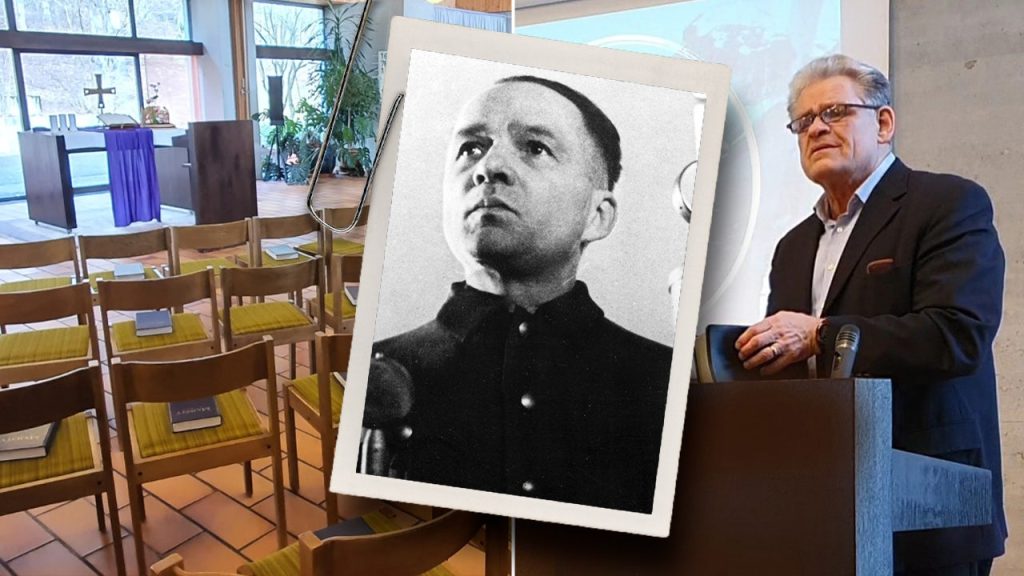Kai Höss, a pastor in Stuttgart, Germany, carries a unique and heavy burden. He is the grandson of Rudolf Höss, the commandant of Auschwitz, the infamous Nazi death camp. This stark juxtaposition of family history and present vocation fuels Höss’s dedication to combating antisemitism and sharing a message of forgiveness and reconciliation rooted in his Christian faith.
Höss’s journey to faith was a transformative one. In his youth, he embraced a materialistic and self-centered lifestyle. A failed medical procedure and a chance encounter with a Bible in his hospital room led him to a spiritual awakening. This experience reshaped his life, shifting his focus from worldly pursuits to a commitment to God and a desire to use his unique family history to promote understanding and combat hatred.
The discovery of his grandfather’s role in the Holocaust during his childhood left a deep scar of shame. However, his newfound faith propelled him to confront this painful legacy, not to hide from it. He began to share his story, his testimony of redemption, at various events, including a US military retreat. There, a poignant encounter with a Jewish officer whose family perished in Auschwitz solidified his commitment to spreading a message of forgiveness and reconciliation.
Höss recognizes the insidious nature of hate and how easily it can take root, particularly in younger generations. He uses his platform to educate students about the dangers of historical revisionism and the manipulation of information, particularly in the age of social media. He draws parallels between the Nazi ideology of social Darwinism, which fueled the Holocaust, and the rapid spread of misinformation and emotionally charged content online. He stresses the importance of critical thinking and seeking deeper truths beyond the surface level of fleeting online trends. He describes the addictive nature of short-form video platforms like TikTok, warning how easily individuals can be swayed by biased or superficial content without engaging in critical analysis. This “TikTok mentality,” as he calls it, fosters a culture of impulsive reactions and emotional decision-making, hindering the pursuit of genuine understanding.
His observations extend to the recent surge in anti-Israel sentiment on college campuses following the Hamas attack in October 2023. Höss notes the prevalence of emotionally driven responses often lacking a nuanced understanding of the complex historical and political context. He criticizes the chanting of slogans like “From the river to the sea” by individuals who often cannot even identify the geographical references, highlighting how easily people are swept up in emotional narratives without grasping the underlying realities. He emphasizes the danger of this emotional reactivity, which can easily translate into harmful actions against individuals perceived as the “other,” dehumanizing them and justifying violence.
Höss’s commitment to reconciliation is not just theoretical. He has personally confronted the legacy of his grandfather, traveling to Auschwitz with his father and meeting with Holocaust survivor Anita Lasker-Wallfisch. This encounter, documented in the HBO film “The Commandant’s Shadow,” allowed him to confront the devastating impact of his grandfather’s actions and further solidified his dedication to promoting healing and understanding. His upcoming engagement at a Freiburg synagogue to commemorate the 80th anniversary of Auschwitz’s liberation underscores his ongoing commitment to using his platform to promote tolerance and remembrance. His journey offers a potent example of how confronting the darkest chapters of history can pave the way for hope, reconciliation, and a future free from the grip of hatred.

